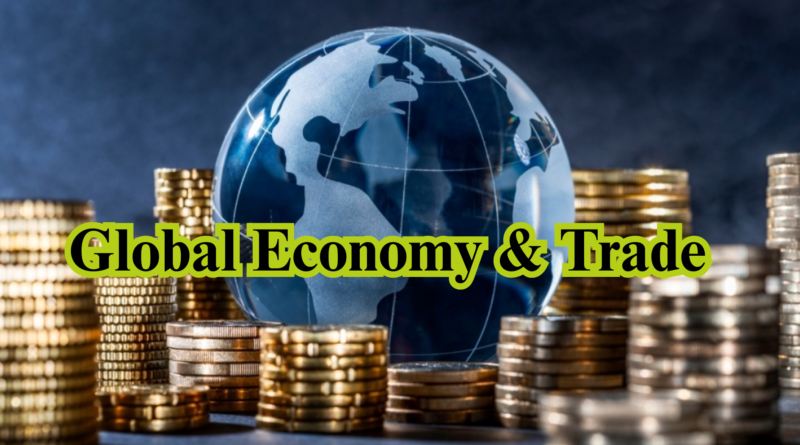IMF Eyes Updated Forecast Amid Trade Tensions
The International Monetary Fund (IMF) is preparing to revise its global economic outlook by the end of July, following signs of easing inflation and improving financial conditions across key markets. According to Deputy Managing Director Gita Gopinath, the global recovery appears more resilient than initially forecast, especially with inflation coming down faster than expected in several advanced economies. However, the IMF is treading cautiously, as external risks remain unpredictable.
Central to this reassessment is the performance of the U.S. and Eurozone economies, both of which have shown stronger-than-anticipated growth in recent quarters. This strength, coupled with moderating inflationary pressures, has helped restore investor confidence. Meanwhile, China’s modest stimulus measures and ongoing supply chain recovery have further contributed to stabilizing global trade flows. These developments have fueled expectations of a minor upward revision in the IMF’s global GDP projection.
Despite the progress, the IMF remains concerned about the resurgence of trade tensions, particularly between the U.S. and China. New tariffs, regulatory barriers, and growing technological decoupling threaten to disrupt global supply chains, potentially reversing recent economic gains. Gopinath emphasized that emerging markets are especially vulnerable to such shifts, as they rely heavily on open trade networks and foreign investment to sustain growth.
In regions like Southeast Asia and Latin America, countries face the dual challenge of managing currency volatility and trade reconfiguration. Many are seeking to diversify export destinations and strengthen domestic demand to buffer against external shocks. However, any prolonged instability in global trade rules could reduce their competitiveness and delay development goals. The IMF has urged multilateral cooperation to mitigate these risks.
Additionally, the geopolitical landscape is adding complexity to economic forecasting. Conflicts in Eastern Europe and the Middle East, along with elections in key economies, are injecting uncertainty into fiscal and monetary policy trajectories. The IMF has warned that inconsistent or reactionary policies from major economies could fuel volatility in international markets, further complicating the path to sustainable recovery.
Looking ahead, the IMF’s revised forecast is expected to maintain a cautiously optimistic tone. While inflation appears to be moderating and financial markets are stabilizing, risks tied to trade fragmentation, protectionism, and geopolitical conflicts are likely to weigh heavily on long-term growth projections. The IMF continues to call for global coordination to support inclusive, stable, and forward-looking economic strategies.




